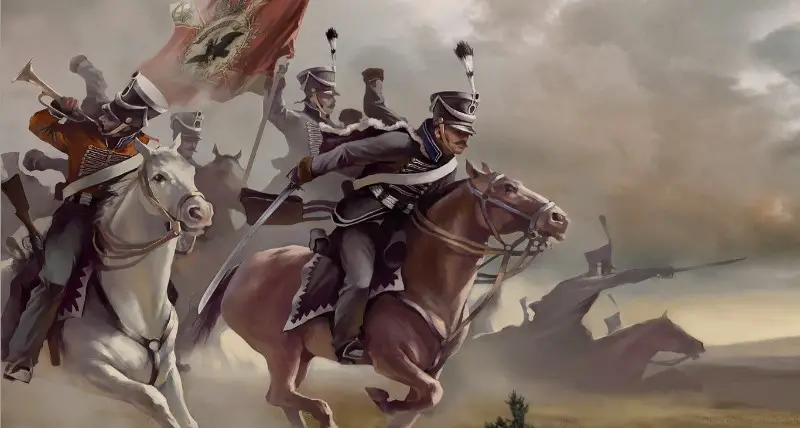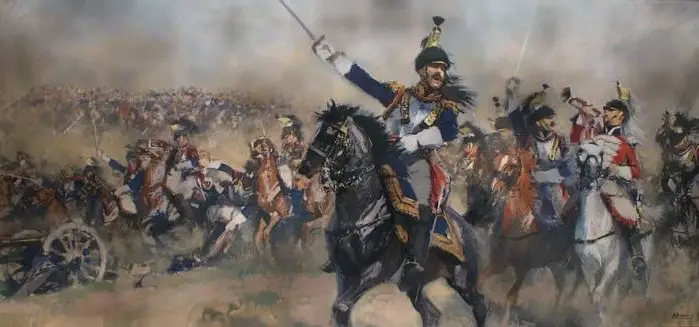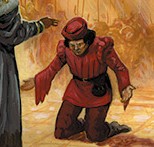
An alternate way to play risk that includes deals, negotiations, strategic maneuvering and a decent playtime! You will need the following:
Components
A copy of a "Classic" version of risk that uses territory cards.
5 or 6(depends on how many no of players your copy supports) unique "Castle/Capital" Tokens to mark each player's capital City.
Several More d6s(As many as you have).
A first player marker.
Setup
A first player is chosen, and is given the first player marker.Starting from the first player, each player places a single soldier on any territory on the board. Continue this clockwise until the board is full.
Then, each player gets X amount of soldiers, equal to the number of territories he controls, and may place them on any territories he controls. Some players may control more territories then others.
Then, starting from the first player, each player chooses a territory to be their capital, and places their capital icon on that territory. Capital icons count as one unit, but can never move.
Object of the Game
Control every player's Capital to win the game!
Game Play
The game is separated into two phases, the negotiation phase, and the player turns phase. After both the negotiation phase and the player turns phases finish, pass the first player marker clockwise, and start a new round with the negotiation phase.

Negotiation Phase
Players may freely trade the following items/deals for each other(ez you may give game cards for someone to cease fire or declare war etc). All deals made in the negotiation phase are BINDING until the next negotiation phase.
Players may not lie during the negotiation phase. not following through a deal you made is considered breaking the rules. Vassal States may not participate in the Negotiation round (See Vassal States):
-
Territories
If a territory is traded, all units on it are transformed into to its new owner's color.
-
Territory Cards
Players may offer Territory cards from their hand for trade.
-
Cease Fire Pact
Players agree not to attack each other or play territory cards on each other that turn.
-
Battle Assistant Pact
Players agree to use each others Assists in battle that turn(See Assists in combat).
-
Open Borders Pact
Players agree to use each others territories for movement in the movement phase that turn, see movement phase.
-
Vassal Pact
One player agrees to become the other player's Vassal State. If both players agree, immediately remove your capital icon from the board and give it to your leader. See Vassal States).
-
Declare War
One or more players may declare war on another player or a particular territory, if so, they MUST attack that territory(Or a territory that they own if its an entire player) that turn.
Players may also freely discuss strategies and plans between themselves, either publicly or in secret. Speaking in secret is'nt allowed outside the negotiation phase.
Player Turns Phase
A player's turn phase is as follows:
-
Draw a Card
The player draws a territory card. On the very first round only, if you had a territory advantage at the start of the game, do not draw a card.
-
Reinforce
The player gets new soldiers equal to number of territories they control divided by 3, rounded down+country bonuses. You will always get a minimum of 3 troops.
You may play territory cards now to gain more troops(Depending on the version you're using, rules may vary).
-
Attack or Play a Territory Card
You may either attack OR play a territory card. See attacking and Territory Cards.
-
Maneuver
You may Maneuver your troops around your map as long as you have a connected pathway.
Attacking

Attacking in RISK diplomatic wars is very, very different. First, the player declares ALL the attacks he wishes to make for that turn. You may only attack territories(which are not in your control) which are adjacent to territories you control. Move any amount of units from your attacking territory to the defending territory. You must leave at least one unit from the attacking territory.
After you have declared your attacks, you may start resolving them one by one in any order you wish. Both the defender and the attacker roll X dice, where X is the amount of units they have in the battle.
Assists may come in play, which change the odds of the attack.
For each territory the attacking player has adjacent to the defending territory, his kill chance increases by one, to a maximum of 2+.
For each territory the defending player has adjacent to the defending territory, the attacking player's kill chance is reduced by one, to a maximum of 6+. If both players have Assists, these cancel each other out.
You may use other player's territories if you have the "Battle Assistant" Pact, you may never use territories belonging to the defending player.Territories which have attacked or are going to attack during this player's attack phase do not give assists.
Defending player always rolls on a 4+.
Capitals
If you are attacking another player's capital city. You will attack on a 6+, irrelevant of assists.
If you control ALL adjacent territories of the player's capital, you automatically destroy that capital, and you MUST move at least one adjacent troops into the territory.(If you cannot, you must abandon a territory).
When you take over a capital, remove the capital marker and place it next to your supply. The player who controls that capital becomes your vassal state. (See Vassal States).
Capitals count as one unit when on the map, but cannot move.
If, at any time, your control all capital icons, you win the game!
Playing a Territory Card
Instead of attacking, you may play a territory card. When you may play a territory card, you may do one of two things targeting only the territory printed on the card. You may not target capital territories unless it is a surprise attack.

Start a Civil War
Roll a d6:
| 6 | A complete hostile takeover. Change all troops of target territory into your color. |
| 2-5 | A takeover has failed, but loses have been taken. Remove that amount of units from target territory. |
| 1 | Riots and Anarchy. The territory goes into complete anarchy and mass riots start. Roll a d6 for target territory and each adjacent territory. Lose that amount of troops for each territory. You may not target a capital territory, however capital territories may still be effected by riots and anarchy, but the capital icon(which counts as a unit) cannot be removed this way. |
Launch a Surprise Attack
Launch an attack from any territory on the board that you control, into the targeted territory. Ignore all assists. You MAY play this on a capital territory.
Fortify
Unlike other actions, Fortify is played OUT OF TURN. Whenever a territory is attacked, after the attack starts resolving but before any dice are rolled, if anyone has a territory card that is the same as the defending territory, they may play it to fortify that territory.
For that attack, the attacker ignores all assists and attacks on a 6+.
Maneuvering
You may freely move your troops around the map as long as you have an open, chaining connection between your territories. You may use other player's territories for chaining if you have the "Open Borders" act.
If you wish, you may peacefully maneuver into another player's territory. If you do, the troops you maneuvered turn into that players color. You may not maneuver into empty territories.
Vassal State
Leader
When a player becomes your Vassal state, either by destroying his capital or by peaceful surrender in the negotiation phase, you gain his capital icon, and all other capital icons he may have gained during the game.
As long as he is still your vassal state, he must give you all of his capitals at all times. Place them in your supply. You may have more then one Vassal States. Control all capital icons to win the game.
As a Vassal state, you both Automatically have the "Cease Fire", "Open Borders", and "Battle Assistant" pacts. The leader player also gets the special "Country Bonuses" and "Takeover Assist" pacts.
Territories controlled by your vassal state count towards country bonuses. Your vassal state's territories also count towards an adjacent takeover of a capital, however you must still control at least one adjacent territory AND move at least one unit into it.During the negotiation phase, you may also force each of your vassal states to do ONE of the following:
- Give you a territory of their choice.
- Give you a card of their choice.
- Declare war on a player.
Vassal

When you become a Vassal state, you lose all of your capitals and any capitals you gain will go to your leader. You may never receive country bonuses, and you automatically have the Cease Fire, Open Borders, and Battle Assistant pacts.
If your leader makes any pacts with any player(Ez, does a cease fire with another player), you also automatically have that pact.
It is impossible for a vassal state to take 1st place, but there is some minor hope.
At the very start of your turn, roll 2 d6s. On a 12+, you have successfully started a revolution.
You have +1 on your die roll for each territory more you control then your leader.
Choose any non-capital territory that you, or your leader controls. Place your original capital on that territory, and turn all troops on that territory into your color. You are no longer a vassal state, effective immediately, and cancel all pacts with your previous leader and any other players!
Player Elimination
If, at any time, a player does not control at least one territory, he is completely eliminated from the game and may not participate in any negotiations or give any benefits.
End of the Game
At the end of the game, there will be one player while all other players are his vassal states or eliminated.
To determine winning order, it is first conquered last place.
So, the first player to become a vassal state, will place 5th. The second player to become a vassal state will place 4th etc etc.
In case of a revolution, ignore the first time that player became a vassal state, and only count the second time. Eliminated players will then place in order of elimination(First eliminated 5th etc) after vassal states.
Continue Reading


